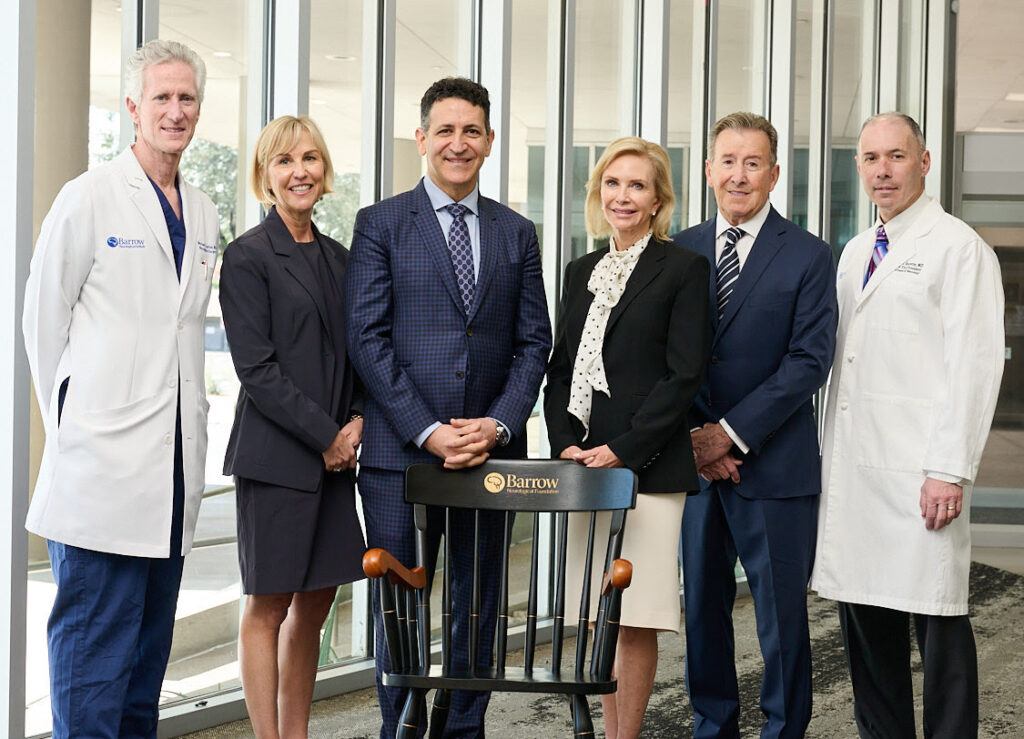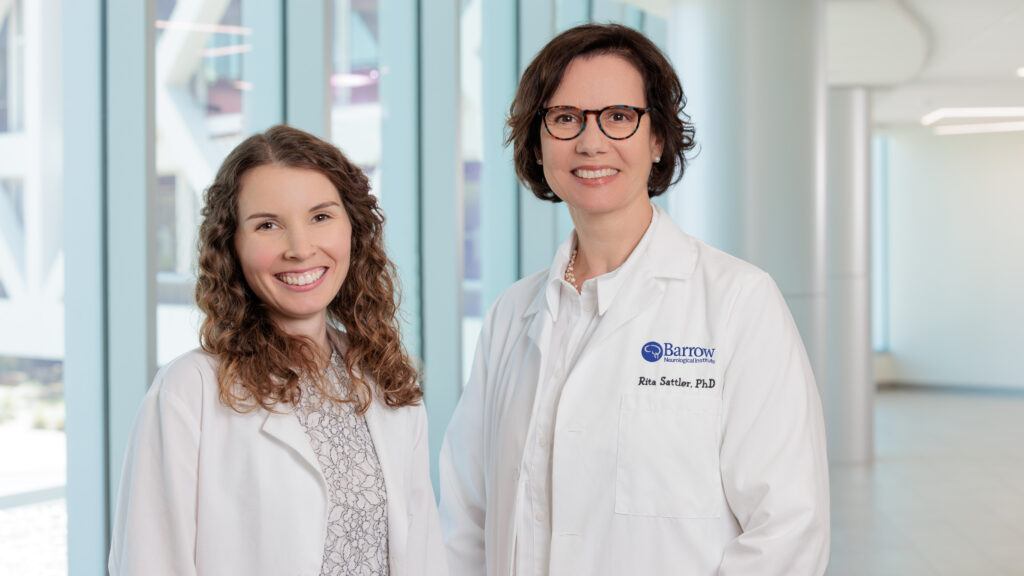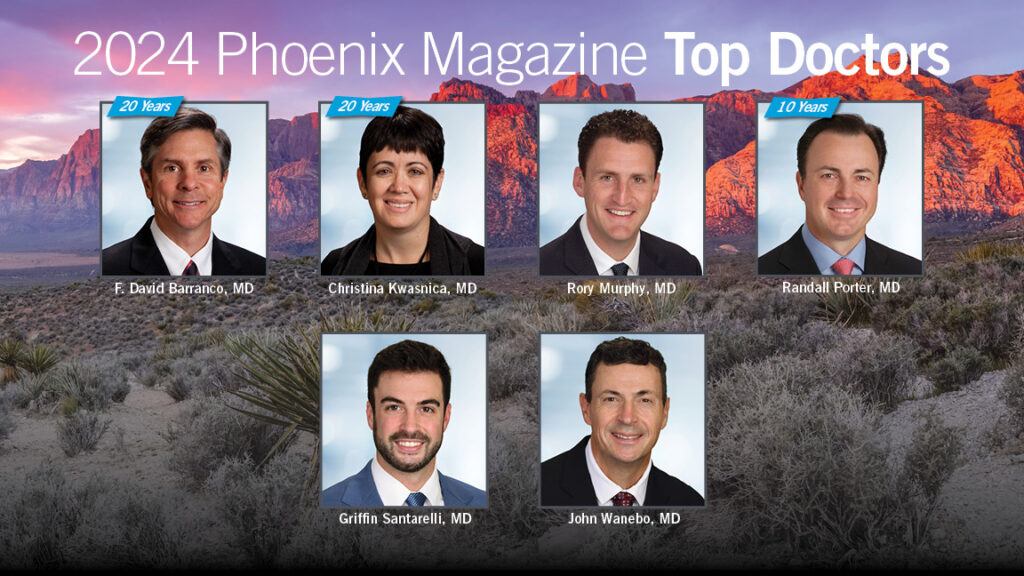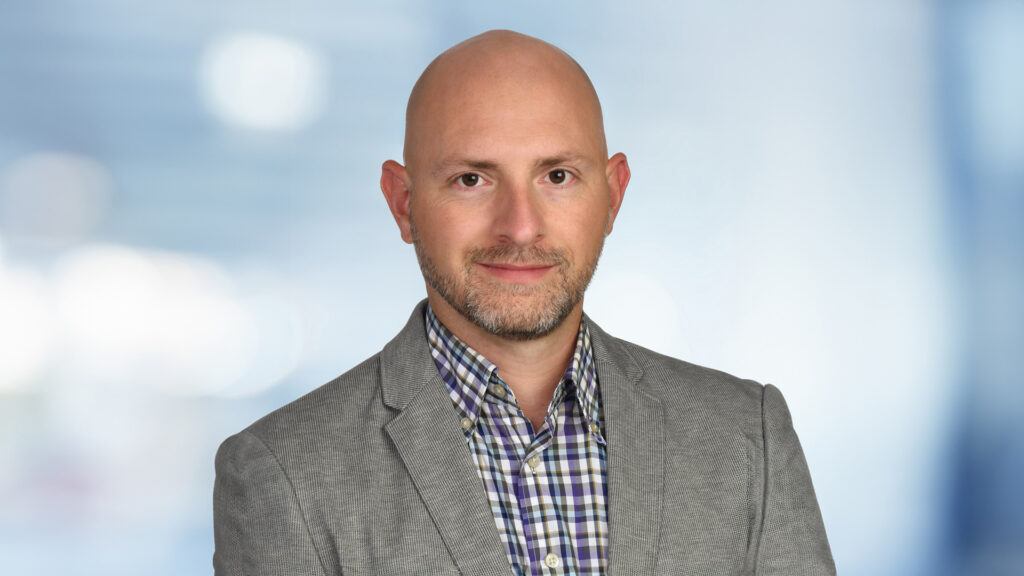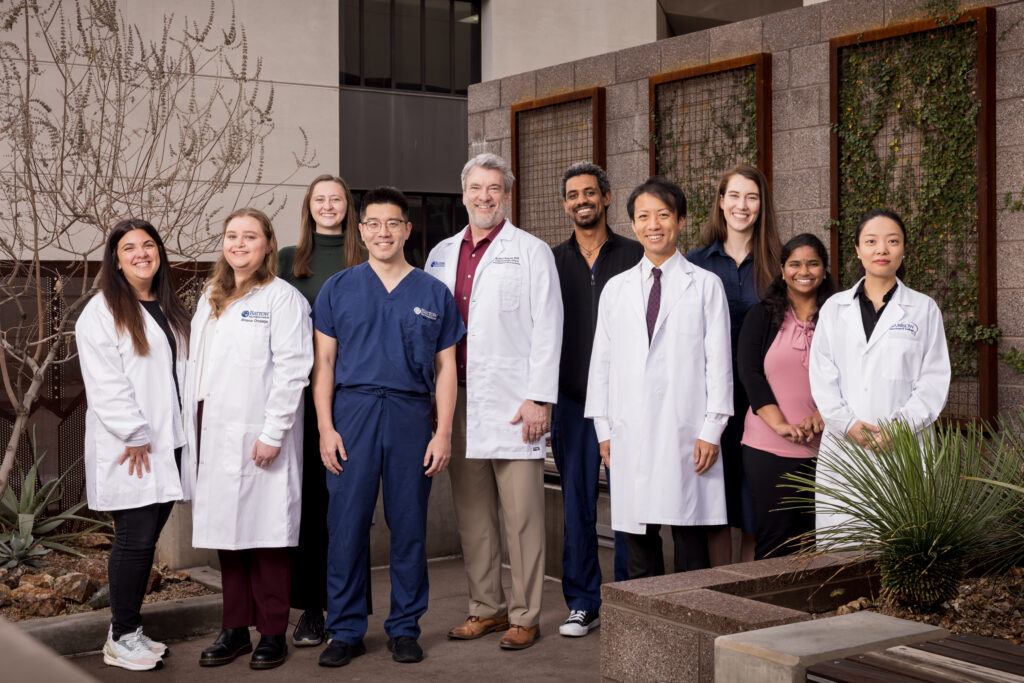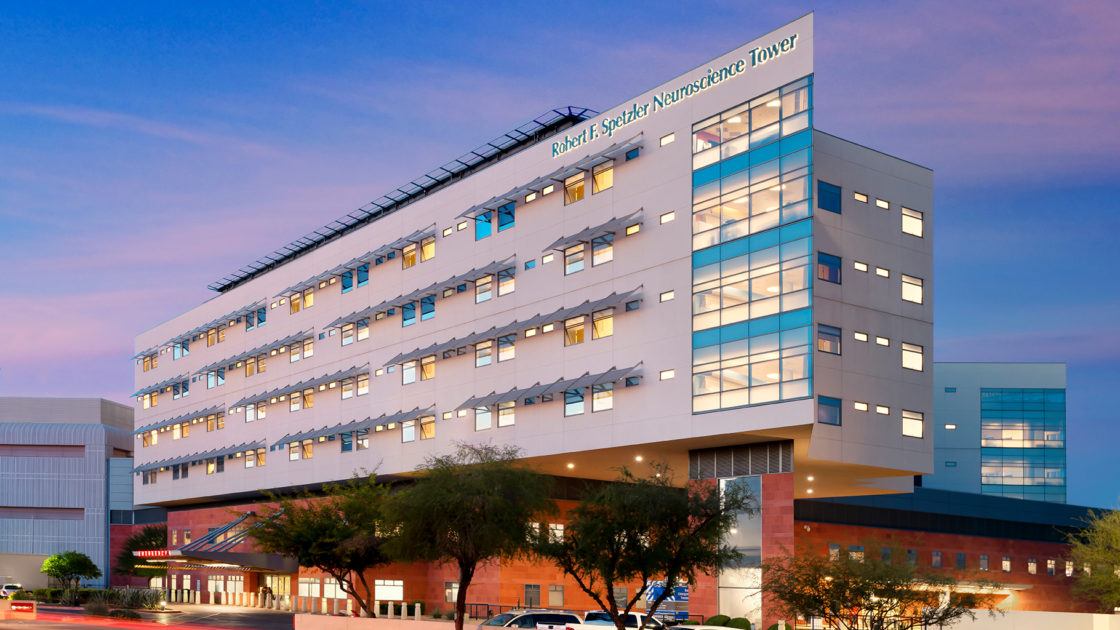
Awards & Recognitions – March 2024
Moreno Family Chair of Alzheimer’s Research
Marwan Sabbagh, MD, a behavioral neurologist in the Alzheimer’s and Memory Disorders Program at Barrow, was formally presented with the Moreno Family Chair of Alzheimer’s Research on March 8. Carole and Arte Moreno made the generous gift to establish the Moreno Family Chair through the Barrow Grand Ball, the annual gala of the Women’s Board of Barrow Neurological Foundation. Mrs. Moreno is a longtime member of the Women’s Board.
DoD Grant
The Department of Defense (DoD) has awarded $722,545 to a team of researchers at Barrow Neurological Institute and the Translational Genomics Research Institute (TGen) to follow up on their findings of an erroneous genetic sequence, known as a cryptic exon, in specific cells in amyotrophic lateral sclerosis (ALS) and frontotemporal dementia (FTD). Barrow researchers Rita Sattler, PhD, and Lauren Gittings, PhD, and their TGen collaborators published these findings in Acta Neuropathologica last year. Their study confirmed, for the first time, the presence of a cryptic exon in the RNA of the gene KALRN in a cell-type specific manner. Using this two-year DoD award, the researchers will test their hypothesis that a cryptic exon inclusion in the RNA of KALRN leads to loss of function of the kalirin protein and consequently contributes to neurodegeneration in the frontal cortex of C9orf72 ALS/FTD patients.
PHOENIX Top Docs
PHOENIX Magazine‘s 2024 Top Docs issue hit newsstands on March 8, and several physicians practicing at Barrow Neurological Institute made the list:
- F. David Barranco, MD
- Christina Kwasnica, MD
- Rory Murphy, MD
- Randall Porter, MD
- Griffin Santarelli, MD
- John Wanebo, MD
Dr. Barranco was featured in a Q&A, which noted that he is celebrating his 22nd year on the list—longer than any other neurosurgeon after Barrow Emeritus Chair of Neurosurgery Robert F. Spetzler, MD.
ACNS Research Highlight
Work performed by Stephen T. Foldes, PhD, an assistant professor of neurodiagnostics at Barrow, was chosen as one of the “Research Highlights” at the 2024 American Clinical Neurophysiology Society (ACNS) Annual Meeting earlier this month. Dr. Foldes was the presenting author on the study titled: “Non-invasive Somatosensory Mapping to Plan Intracortical Electrode Implants for Brain-computer Interfaces.” His team consisted of collaborators from the University of Pittsburgh and the University of Chicago. They found that using presurgical functional mapping can lead to more accurate targeting and thereby enhance the success rate of brain-computer interfaces to restore lost functions.
Kuntz Awards
Four abstracts authored and presented by Barrow neurosurgery residents were recognized with Kuntz Scholar Awards at the 2024 Spine Summit in Las Vegas in February. The Kuntz Scholar Award is granted to the 40 top-scoring abstracts submitted to the Spine Section‘s annual meeting that are authored by residents or fellows, and it supports their travel to the meeting. The award-winning abstracts and their authors are listed below:
- Steve Cho, MD, PGY-4: Predicting improvement in global sagittal alignment after lumbar decompression—a novel application for the global alignment and proportions score
- Joseph DiDomenico, MD, PGY-6: Does comorbid anxiety and depression portend poor long-term outcomes following surgery for lumbar spondylolisthesis? Five-year analysis of the quality outcomes database
- Harrison Farber, MD, PGY-7: In-home virtual reality therapy reduces pain, anxiety, and depression in patients with chronic cervical and lumbar spondylytic pain
- Nicholas M. Rabah, MD, PGY-2: Does the duration of preoperative pain impact the surgical outcome in the treatment of lumbar degenerative pathologies?
Fast Track Awards
Barrow Neurological Foundation has awarded funding to Barrow Chief Scientific Officer Robert Bowser, PhD, to distribute among nine trainees at Barrow in an effort to support their research and career development. These Fast Track Awards for Translational Neuroscience will allow the trainees to run their own research projects, without the need to undergo the lengthy and uncertain process of applying for grants. Each of the nine trainees, which consist of PhD graduate students and postdoctoral research fellows, will receive $10,000 in funding.

